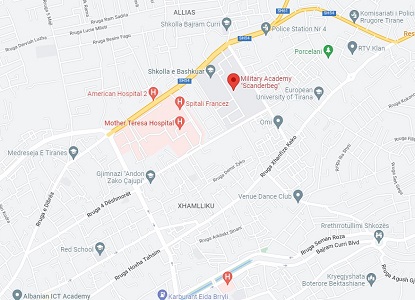
Tomaž Ivešić (born in 1990 in Celje) graduated in history at the University of Maribor, Faculty of Arts, in 2012, and completed a master’s degree in history at the University of Ljubljana, Faculty of Arts, in 2014. In the 2015/16 academic year, he further honed his knowledge at a master’s programme in comparative historiography at the Central European University in Budapest. Between 2016 and 2020, he was a PhD researcher at the European University Institute in Florence, where he successfully defended his doctoral dissertation entitled “A Turning Point in the Yugoslav National Question: No More Room for Yugoslavs”.
Since October 2020, he has been employed at the Study Centre for National Reconciliation as the director of this public institute and a scientific researcher in the programme Violations of human rights and fundamental freedoms on the Slovenian territory in the 20th century. Ivešić is also the responsible editor of the Dileme journal. Since 2022, he has been a member of the Commission of the Government of the Republic of Slovenia on Concealed Mass Graves. Since October 2022, he has led the research project Between Tradition and Modernity: Slovenian Catholic Intellectuals and the National Question in a Transnational Perspective (1848–1948), which is co-financed by the Slovenian Research and Innovation Agency (ARIS).
In his research, he explores the cultural and intellectual history of Slovenia and wider Yugoslavia in transnational perspectives, as well as the history of institutions and science, the study of nationalisms, dissidence and human rights violations. He has authored a number of scientific articles and chapters in monographic publications in Slovenia and beyond. He regularly presents his research in Slovenian and international scientific conferences.
In 2022, ARIS included his article “The Yugoslav National Idea Under Socialism: What Happens When a Soft Nation-Building Project Is Abandoned?”, which was published in Nationalities Papers, in its Excellent in Science selection.

